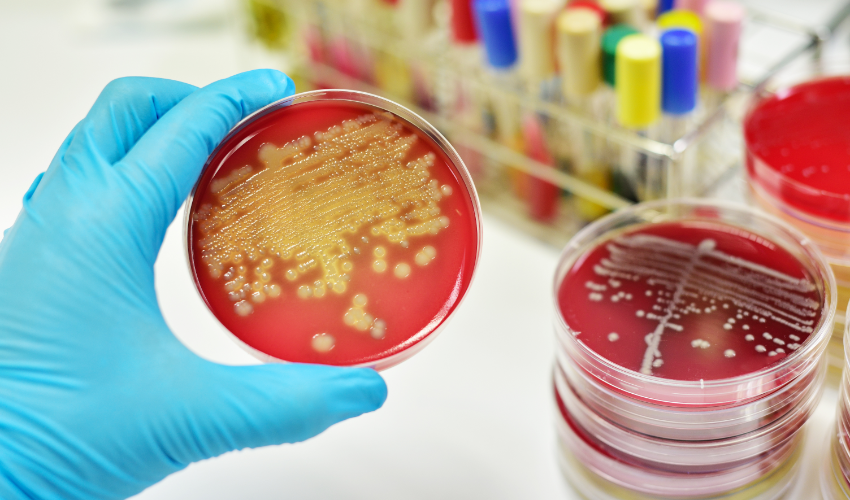Antibiotics are powerful drugs that have revolutionized modern medicine by treating bacterial infections. They work by killing or stopping the growth of bacteria, which can lead to the alleviation of symptoms and prevention of further complications. However, not all illnesses can be treated with antibiotics. In this article, we will explore the illnesses that antibiotics can and cannot treat, and what you need to know about using antibiotics to manage your health.
Misuse of Antibiotics: Risks and Consequences
- Antibiotic resistance
- Side effects and adverse reactions
- Overuse and unnecessary use
- Failure to complete a full course of antibiotics
Alternatives to Antibiotics: Natural Remedies and Lifestyle Changes
- Probiotics and fermented foods
- Herbal remedies and supplements
- Immune-boosting foods and nutrients
- Stress reduction and sleep hygiene
Illnesses That Antibiotics Can Treat
- Strep throat: a bacterial infection that causes sore throat and fever
- Urinary tract infections: bacterial infection of the bladder or urethra
- Pneumonia: bacterial infection of the lungs
- Sinus infections: bacterial infection of the sinuses
- Ear infections: bacterial infection of the ear canal
- Bronchitis: bacterial infection of the bronchial tubes
- Impetigo: bacterial infection of the skin

Illnesses That Antibiotics Cannot Treat
- Viral infections: such as cold, flu, and most sore throats
- Fungal infections: such as ringworm, athlete’s foot, and candidiasis
- Parasitic infections: such as malaria, toxoplasmosis, and giardiasis
- Chronic conditions: such as arthritis, asthma, and diabetes
- Cold and flu: caused by a virus, which cannot be treated with antibiotics
FAQs:
- What are the risks of taking antibiotics unnecessarily?
Taking antibiotics when they are not needed can lead to antibiotic resistance, which means that the bacteria become resistant to the antibiotics, making them harder to treat in the future. - Can antibiotics cure the common cold?
No, antibiotics cannot cure the common cold, which is caused by a virus. Antibiotics only work against bacterial infections. - Are there any natural remedies that can replace antibiotics?
While there is no natural remedy that can replace antibiotics, there are some natural remedies that can support the immune system and help prevent infections, such as probiotics, herbal supplements, and immune-boosting foods. - Can antibiotics cause side effects?
Yes, antibiotics can cause side effects, such as nausea, diarrhea, and allergic reactions. It is important to take antibiotics as prescribed by your healthcare provider and to report any side effects to them immediately. - Can I stop taking antibiotics once I start feeling better?
No, it is important to complete the full course of antibiotics as prescribed by your healthcare provider, even if you start feeling better. Stopping antibiotics early can lead to antibiotic resistance and a higher risk of recurrent infections.

Conclusion
Antibiotics are a vital tool in modern medicine, but they are not a cure-all for every illness. Knowing which illnesses can and cannot be treated with antibiotics is important for preventing antibiotic resistance and ensuring effective treatment. By understanding the limits of antibiotics and using them appropriately, we can help protect our health and the health of those around us.
It is also important to consider alternative approaches to managing illness, such as natural remedies and lifestyle changes that can support the immune system and prevent infections from occurring in the first place. By working with our healthcare providers and taking a proactive approach to our health, we can make informed decisions about the use of antibiotics and ensure the best possible outcomes for ourselves and our loved ones.
In summary, antibiotics have revolutionized modern medicine and have saved countless lives by treating bacterial infections. However, they are not a cure-all for every illness, and it is important to use them appropriately and to understand their limitations. By being aware of the illnesses that antibiotics can and cannot treat, and by taking a holistic approach to our health, we can promote the responsible use of antibiotics and protect the health of ourselves and our communities.






















